New Scientist covers the latest developments in science and technology that will impact your world. New Scientist employs and commissions the best writers in their fields from all over the world. Our editorial team provide cutting-edge news, award-winning features and reports, written in concise and clear language that puts discoveries and advances in the context of everyday life today and in the future.
Elsewhere on New Scientist
Whatever works • We finally have a real solution to the obesity crisis, so let’s be more open-minded
New Scientist
Mass fish death in Mexican lake
Atoms with ‘impossible’ temperature • Physicists have coaxed a cloud of atoms to a temperature beyond absolute zero and placed them in a structure that could be an unknown form of matter, discovers Karmela Padavic-Callaghan
Defining temperature
Analysis Space flight • Starliner and Starship propel space industry into a new era SpaceX successfully launched its Starship rocket the day after Boeing’s Starliner craft made its first crewed flight, a sign that the space industry is hotting up, says Leah Crane
Analysis Medication withdrawal • Does coming off antidepressants really cause withdrawal? A study suggests that 1 in 3 people who stop taking the drugs get mental and physical symptoms, but what does that actually mean when these can also occur after discontinuing a placebo, asks Clare Wilson
A cosmic cloud collision exposed Earth to interstellar space 3 million years ago
Lemurs grow bigger testicles if other males are around
Confusion over what ‘equals’ means • For mathematicians, the equals sign can have more than one meaning, which is causing issues for computers checking proofs. A fix may mean tearing up the foundations of maths, finds Alex Wilkins
Diet-monitoring AI tracks every spoonful you eat
Earth warms as heat trapping doubles • Our planet’s atmosphere is holding on to twice as much heat now as it did 20 years ago, raising concerns about how much energy the oceans are absorbing, says Madeleine Cuff
Physicists want to drill 5 kilometres down into the moon
Dutch police want autonomous robot dogs to inspect drug labs
How humans reshaped the horse • A genetic analysis reveals how equine breeding techniques developed 4200 years ago
Tiny brain sensor dissolves after a few weeks
A dead star is dying again as we watch
Tiny great ape may have lived in Europe, hints fossil finds
Gene therapy lets deaf children hear • Five children have had gene therapy to treat inherited deafness in both ears, following the success of earlier treatments in just one ear. Michael Le Page reports
Writers accept lower pay when using AI to help them with work
How bats pick out their own calls when flying in a swarm
Through a baby’s ears • Evidence suggesting newborn infants perceive the world consciously has implications for their care, says Claudia Passos-Ferreira
This changes everything • An affair to remember Nine years after hackers targeted Ashley Madison, the dating site for wannabe adulterers, here’s what everyone still gets wrong about the scandal, says Annalee Newitz
Views Your letters
Spot the galaxy
Who wants to live forever? • A new exhibition explores the possibilities and pitfalls of living healthily for centuries – or at least much longer than today, says Alexandra Thompson
The DNA hunter • Eske Willerslev’s story is as compelling as the DNA he found, finds Davide Abbatescianni
New Scientist recommends
The TV column • Stuck fast The Leftovers follows those left behind after 140 million people vanish, unaccountably, in the Sudden Departure. The parallels with the covid-19 pandemic are painfully obvious in this jewel of a TV...
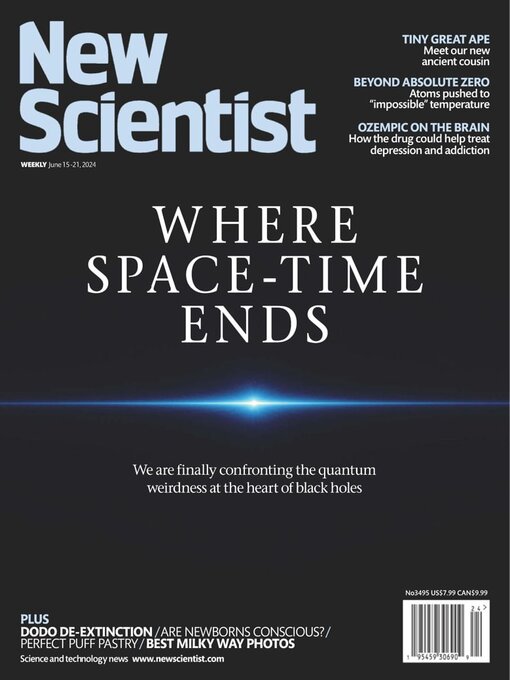
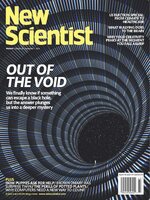 Oct 26 2024
Oct 26 2024
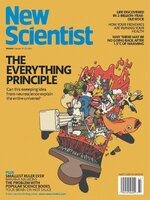 Oct 19 2024
Oct 19 2024
 Oct 12 2024
Oct 12 2024
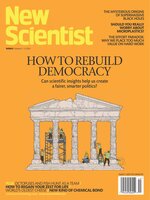 Oct 05 2024
Oct 05 2024
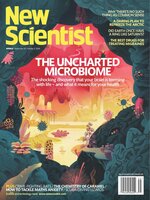 Sep 28 2024
Sep 28 2024
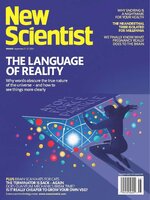 Sep 21 2024
Sep 21 2024
 Sep 14 2024
Sep 14 2024
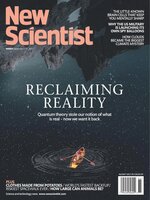 Sep 07 2024
Sep 07 2024
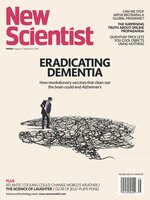 Aug 31 2024
Aug 31 2024
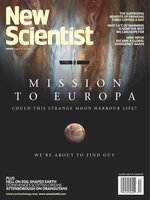 Aug 24 2024
Aug 24 2024
 Aug 17 2024
Aug 17 2024
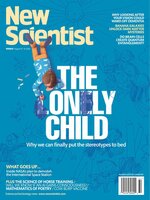 Aug 10 2024
Aug 10 2024
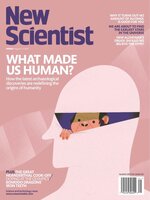 Aug 03 2024
Aug 03 2024
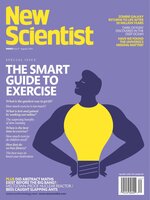 Jul 27 2024
Jul 27 2024
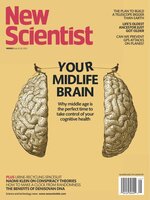 Jul 20 2024
Jul 20 2024
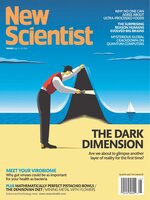 Jul 13 2024
Jul 13 2024
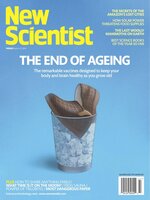 Jul 06 2024
Jul 06 2024
 Jun 29 2024
Jun 29 2024
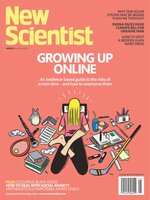 Jun 22 2024
Jun 22 2024
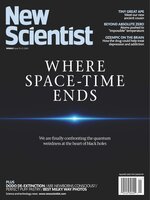 Jun 15 2024
Jun 15 2024
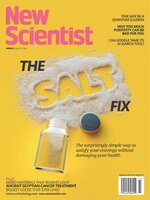 Jun 08 2024
Jun 08 2024
 Jun 01 2024
Jun 01 2024
 May 25 2024
May 25 2024
 May 18 2024
May 18 2024
